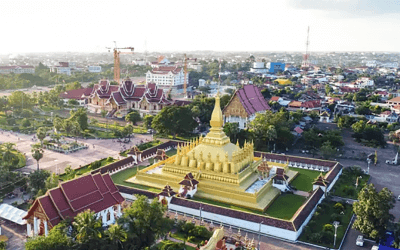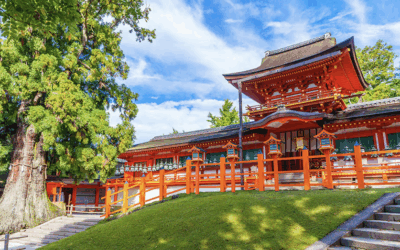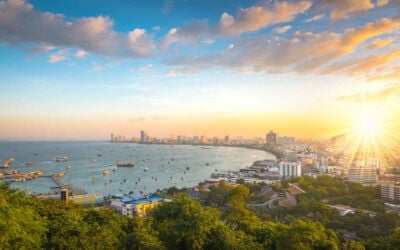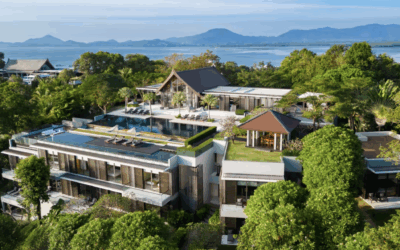Owning property in Thailand can be an exciting prospect for many foreigners, whether for retirement, a second home, or investment purposes.
With its stunning beaches, vibrant culture, and relatively low cost of living, the Land of Smiles has become an increasingly popular destination for those looking to own a piece of paradise.
However, navigating the Thai real estate market comes with its own set of challenges and potential risks.
In this article, we’ll explore nine common mistakes foreigners make when buying property in Thailand and how to avoid them.
Skipping the Title Search
One critical steps of buying property in Thailand is conducting a comprehensive title search.
This process involves examining the title deed recorded at the Land Department to verify that the seller has clear and legal ownership of the land before entering into any contractual agreement.
A title search will trace the land’s history back to its first possession, checking for any encumbrances such as liens, leases, or mortgages. It will also verify zoning, environmental, and planning codes in the area.
Failing to conduct a thorough title search could lead to discovering restrictions on the property, such as height limitations, rendering the land virtually worthless for your intended purpose.
Neglecting Due Diligence
Just as you would research a company before investing in its stock, it’s crucial to perform due diligence when purchasing property from a developer in Thailand.
Take the time to check with previous buyers to gauge their satisfaction with the quality and timeliness of construction.

Chiang Mai has made plenty of short-term visitors stay longer, but the process of buying property in Thailand, without proper caution, can land potential buyers in a mess.
If you don’t have the time or resources to investigate the developer’s history yourself, consider hiring a local lawyer who can provide insight into the project, its directors, and their performance record.
Going Solo Without Legal Representation
While it’s possible to purchase property in Thailand without the services of a local law firm, it can be risky, especially if you’re unfamiliar with the country, language, and legal system.
Contracts in Thailand may not adhere to international standards, so it’s essential to consult with a lawyer or solicitor before signing any deposit agreement or contract.
Remember, you’re investing a significant portion of your savings into this property, so it’s crucial to carefully plan each step of the process.
While your lawyer back home can provide general advice about contracts and agreements, they may not have experience dealing with Thai laws and regulations.
Forgoing the Expertise of a Realtor
The old adage “location, location, location” holds true when investing in real estate, and Thailand is no exception.
To make an informed decision, you’ll need a local expert who is experienced in real estate transactions in the area where you intend to purchase.
A good agent will be familiar with the location, communicate effectively in Thai, and have access to a wide range of quality properties that meet your needs and desires.
Moreover, a real estate agent acts as a conduit between you and the seller, working to obtain a fair price and representing your best interests throughout the process.
With several international realtors now established in Thailand, you can access the same standard of business practice as in your home country.
Putting Down a Deposit Prematurely
Once you’ve found your ideal property, it’s common practice to put down a reservation fee or earnest deposit, typically 10-15% of the sales price.
In return, the seller or agent will reserve the property and begin drafting the acquisition contracts. However, it’s essential to be cautious about putting down a deposit too early.
Unless you include specific “exit” clauses in the deposit agreement, such as “subject to a clear title” or “subject to agreement on contract terms,” the deposit may be non-refundable if you decide not to proceed with the purchase.
Be sure to retain a receipt and the terms of agreement regarding the reservation deposit.
Buying in a Mismanaged Project
The surge in property development in Thailand has attracted developers of varying sizes and experience levels.
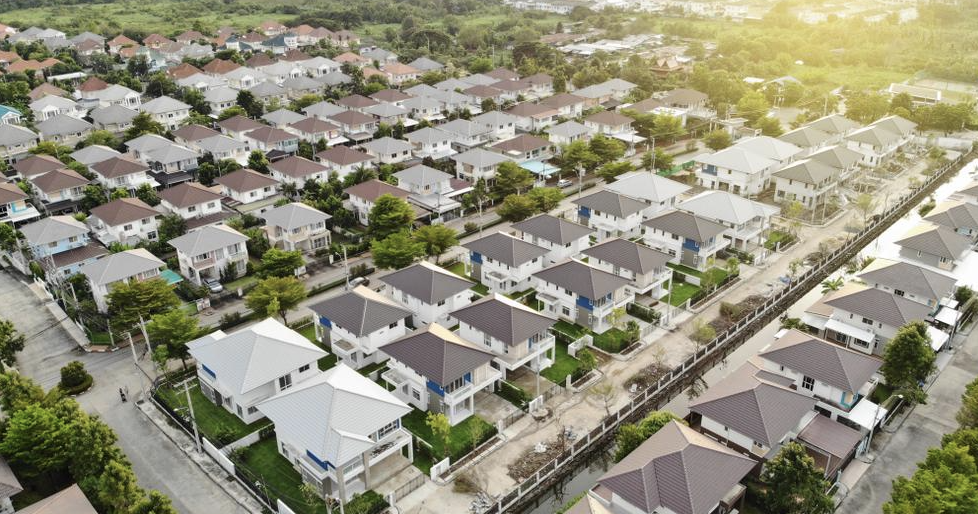
Buying a property directly from a property developer in Thailand may seem like a safe choice, but not all developers can be trusted or held to standards. Doing your due diligence in researching the developers is a must.
While newer, smaller developers may offer better prices and more flexibility, they may lack the necessary experience to manage the project effectively, leading to delays and other issues.
On the other hand, larger, more established developers, often publicly listed companies, have the resources, experience, and expertise to complete construction projects on time. However, they may be less flexible in terms of price negotiations and design modifications.
To mitigate risk, research the developer’s previous projects, assessing the quality of their work and seeking feedback from past buyers. Choose a developer that you feel comfortable with and trust to deliver on their promises.
Ignoring the Surrounding Area
When purchasing property in a popular development, be aware that the developer may plan to launch additional phases nearby.
Consider this when selecting your plot to avoid potential construction noise and disruption after moving in.
Additionally, take note of the surrounding areas to ensure that your views won’t be obstructed by future developments, especially if you’re buying a unit on a higher floor.
Focusing Solely on Price
While price is an important factor when buying property, it shouldn’t be the only consideration. To gauge whether you’re paying a fair price, research the prices of similar properties in the surrounding area.
Keep in mind that there may be discrepancies between the government-assessed value and the actual market price of a property in Thailand.
Don’t let a seemingly low price tag blind you to other crucial aspects of the property and the buying process.
Neglecting Estate Planning
Finally, don’t forget to consider your heirs when buying property in Thailand.
It’s strongly recommended that you have a Last Will & Testament prepared in both your home country and Thailand to include your newly acquired property.
Your property in Thailand becomes an asset once you sign the contract and make the initial payment, so it’s crucial to include it in your estate planning, even before taking possession.
Having a separate will for your Thai assets can simplify the process for your beneficiaries, as a foreign will may require translation, notarization, and government approval.
In conclusion, buying property in Thailand can be a rewarding experience, but it’s essential to approach the process with caution and due diligence.
FAQs: Real Estate Risks in Thailand
Is Buying an Off Plan Condo in Thailand Safe?
Purchasing an off plan condo does come with some risks in Thailand. If you buy from a reputable developer with a track record of completed projects and satisfied customers, you likely won't have major issues. However, smaller and less established companies pose more risk.
It's crucial to get a third-party inspection after the unit is built and ready to transfer. Thai inspectors can identify defects that the developer should fix free-of-charge before the deal is finalized.
Almost all condo developers offer a warranty period, but they are more motivated to address problems if you raise them before the money has fully changed hands.
How Can I Do a Title Search in Thailand?
Thailand has a relatively modern and secure computerized land title system. Checking the title deed is a key part of the due diligence process when buying property in Thailand.
You can request a copy of the title deed from the seller and then take it to the local land office to confirm it is legitimate and up-to-date. It's also wise to hire a reputable lawyer to assist with the title search and overall transaction to ensure everything is above board.
What's the Safest Way to Buy Property in Thailand?
The safest way to buy real estate in Thailand is to work with established and trustworthy partners. This includes the developer (if buying off plan), a licensed real estate agent, and a law firm specializing in property transfers.
Do your research, read reviews, and ask for referrals to find reputable companies. Don't cut corners or go for the cheapest option, as this can lead to problems down the line. It's also crucial to have a clear contract reviewed by your lawyer and to conduct thorough due diligence on the property itself.
Is the Thai Baht a Risky Currency?
While the Thai baht can be volatile at times, it is generally considered a stable currency, especially compared to those of Thailand's neighbors. The country has a reputation for economic resilience, bouncing back from numerous challenges over the past century.
This "Teflon Thailand" effect, combined with the nation's relatively strong business environment and competitiveness, bodes well for the long-term stability of the baht. However, as with any foreign currency investment, there are always risks involved.




